Climate Change Mitigation and Resilience
For hydropower projects, climate change mitigation potential rests in the ability to provide clean energy with lifetime low greenhouse gas (GHG) emissions.
Hydropower climate resilience is the capacity of a hydropower project or system to absorb the stresses imposed by climate change, and in the process develop greater robustness, maintaining the capacity for adaptation.
Hydropower developers may undertake various activities relating to climate change mitigation and resilience, including estimation and management of the project’s GHG emissions, analysis and management of the risks of climate change for the project, and managing the project’s role in climate change adaptation.
Understanding good practice
Adhering to good practice of planning hydropower systems from a long-term, climate-resilient perspective will ensure that future generations inherit infrastructure that will not be compromised by climate change and will be able to provide a range of climate adaptation services.
International industry good practice in climate change mitigation and resilience for hydropower projects is defined in the Hydropower Sustainability Guidelines on Good International Industry Practice (HGIIP).
Assessing project performance
Two assessment tools are available to measure hydropower project performance:
In Hydropower Sustainability Assessment Protocol (HSAP), Climate Change Mitigation and Resilience is addressed in P-24 for the preparation stage, I-21 for the implementation stage and O-20 in the operation stage.
In Hydropower Sustainability ESG Gap Analysis Tool, Climate Change Mitigation and Resilience is addressed in Section 12.




